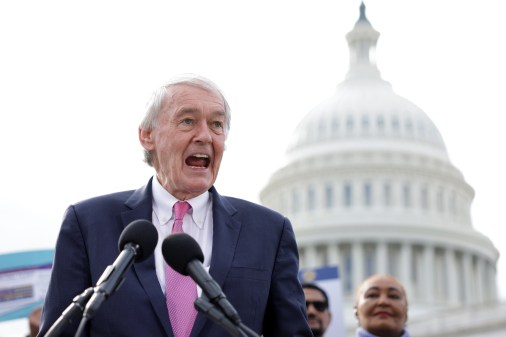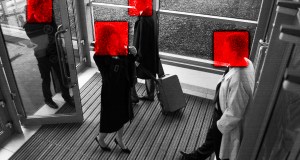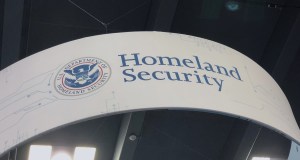Senate bill would put a moratorium on federal facial recognition use

A new bill introduced in the Senate would put a moratorium on the use of facial recognition by federal agencies, at least until Congress can figure out how to regulate the technology.
The Ethical Use of Facial Recognition Act is a partnership between Sens. Cory Booker, D-N.J., and Jeff Merkley, D-Ore., that would also create a congressional commission to study facial recognition and give suggestions to Congress on how to regulate it.
The newly created commission would be comprised of 13 people from a range of different backgrounds who would advise on how to balance privacy and civil liberties concerns against the value of facial recognition. They’d be tasked with answering questions like “in what circumstances, if any, government officials should be permitted to use facial recognition without a warrant” and “in what situations individuals should be able to opt-out or required to opt in to the use of facial recognition technology.”
“Facial recognition is a powerful and rapidly evolving technology, but without proper oversight it poses a serious risk to privacy and safety,” Booker said in a statement. “To protect consumer privacy and safety, Congress must work to set the rules of the road for responsible uses of this technology by the federal government.”
Recent hearings on facial recognition have revealed skepticism about the technology and some bipartisan interest in regulating it.
In December, Sens. Chris Coons, D-Del., and Mike Lee, R-Utah, introduced a bill that would put some guardrails on the use of facial recognition technology by federal law enforcement agencies by requiring them to get a warrant to use the tech for surveillance.
Currently, law enforcement and security agencies including the Customs and Border Protection (CBP), Transportation Security Administration (TSA) and the FBI are using facial recognition for various applications. There have also been reports that the Department of Housing and Urban Development is using facial recognition at federally assisted housing properties.






